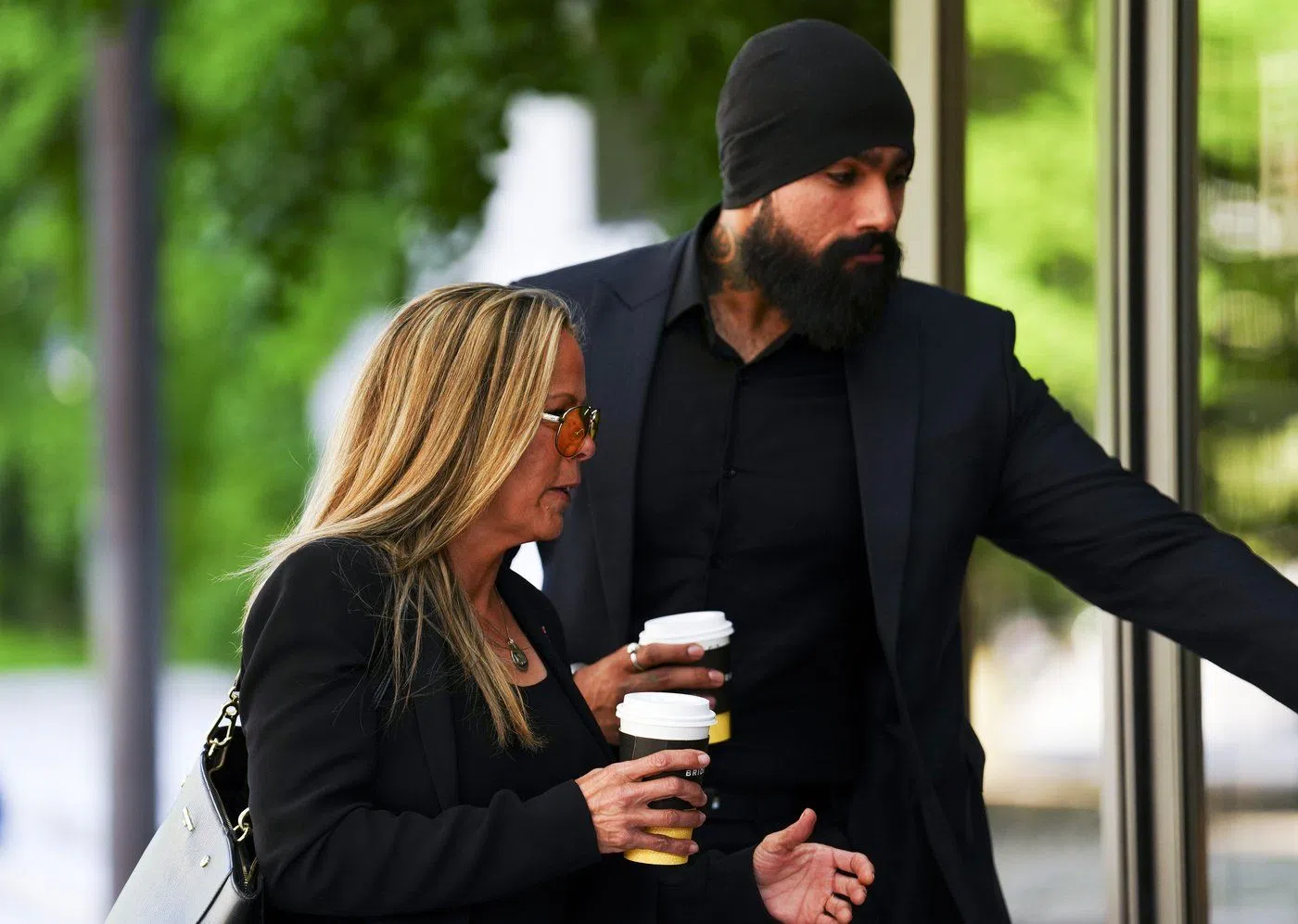
Right to enjoy property doesn’t trump freedom of expression: ‘Freedom Convoy’ defence
In a contest between the Charter-protected freedom of expression and Ottawa residents’ right to the enjoyment of their property, there is no contest, the lawyer for “Freedom Convoy” organizer Tamara Lich argued Friday.
Lawrence Greenspon’s final arguments in the criminal trial focused largely on the fundamental freedoms that protect protest in Canada, and the failure of Ottawa police to enforce the law during the 2022 demonstration.
Lich and fellow organizer Chris Barber are co-accused of mischief, intimidation and counselling others to break the law for their part in organizing the massive protest that blockaded streets in downtown Ottawa for weeks.
The Crown has argued Lich and Barber influenced the crowds to commit illegal acts as a way to pressure the government to lift COVID-19 restrictions and vaccine mandates.
